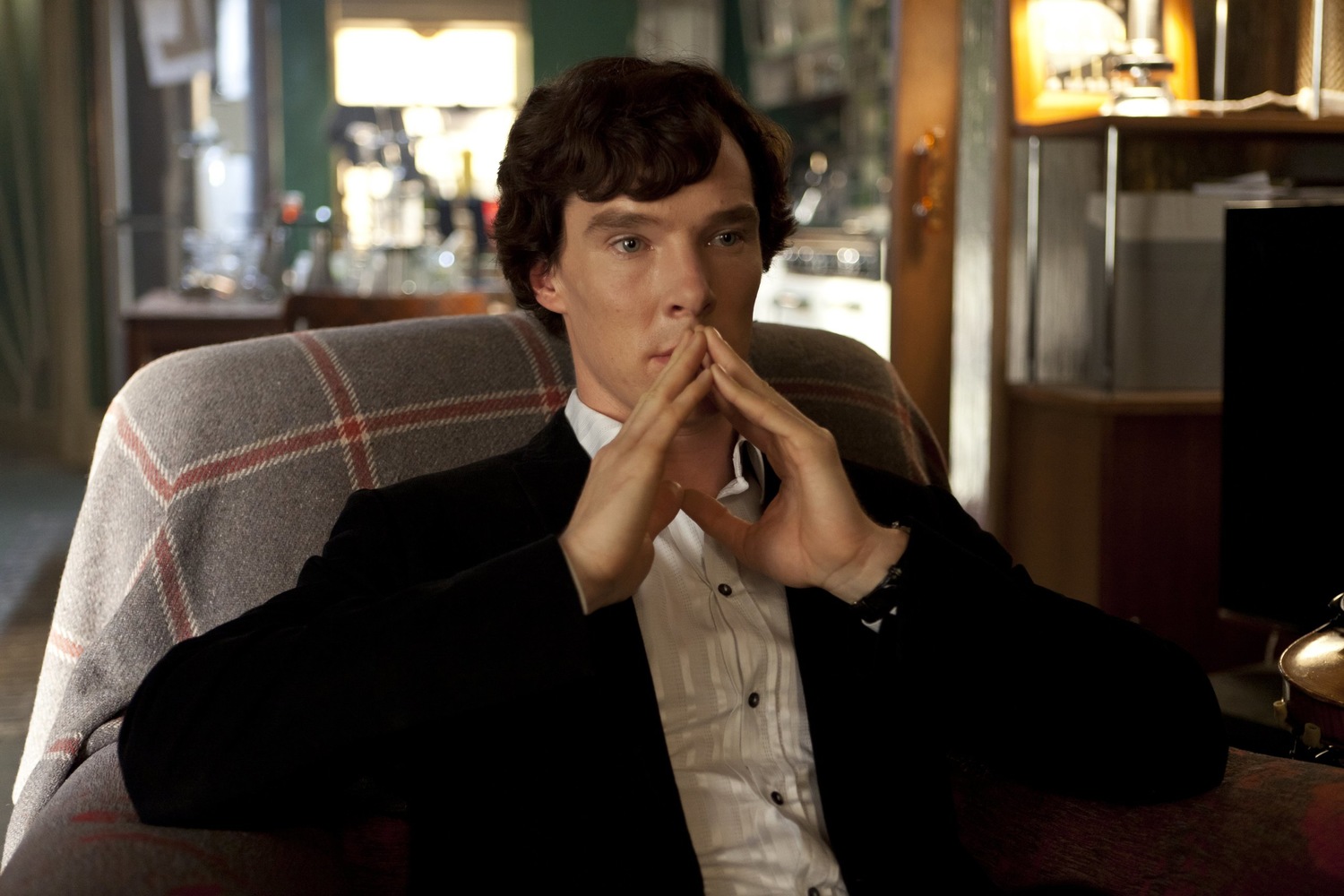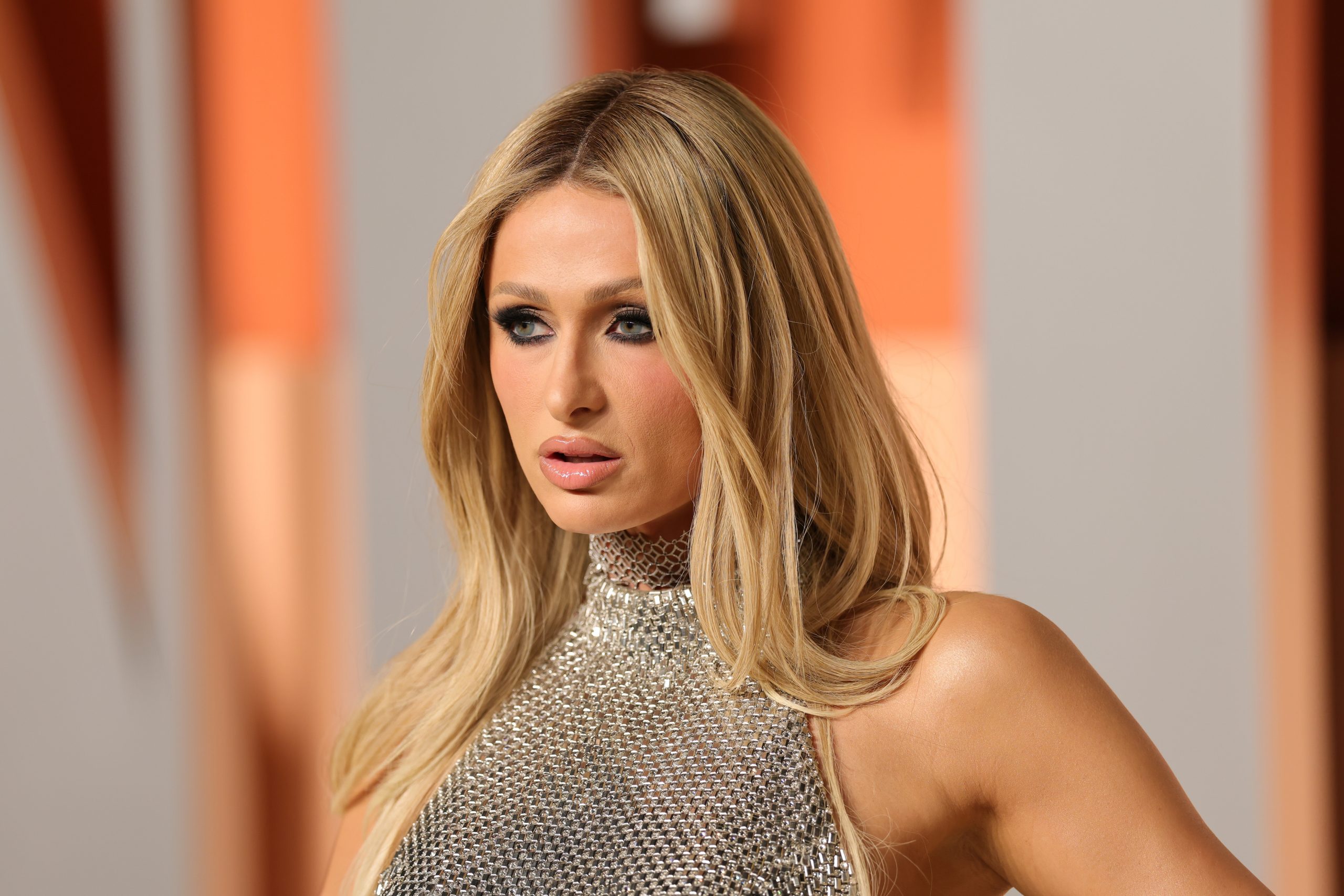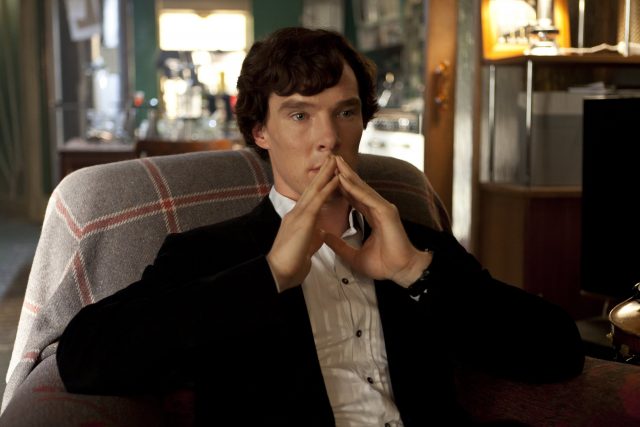
We are all familiar with situations when emotions prevail and do not allow us to think with a “cold head,” as they say. At this time, all the decisions we make are determined by fear, so they are impulsive, thoughtless, and often wrong. True, this is very difficult to achieve right now. How can I learn to separate emotional decisions from rational ones and maintain critical thinking even in stressful situations? A cognitive-behavioral psychologist and a neuropsychologist were asked about this.
Who makes the decisions – us or our brains?

There is still debate on this issue. The theory that decisions are not made by our conscious selves is taken quite seriously. Both of our experts agree with him.
“It is an illusion for people to make rational decisions. Our brain uses emotional experience and intuition to evaluate possible benefits and choose the best strategy, says Nikolai Voronin, a neuropsychologist at the European Medical Center.
“Decisions are made by the brain, and then the brain presents us with a fait accompli. At the same time, we are naively certain that we have deliberately decided on something. As an example of manipulation of our brain, we can cite the so-called false memory syndrome, when a completely healthy person “remembers” in detail what he is not or what he is, but this is definitely not the case, ”says Yulia Ryazanova, clinical psychologist, cognitive-behavioral psychologist at the Verba Mayr Health Center.
How do emotional decisions differ from rational ones?
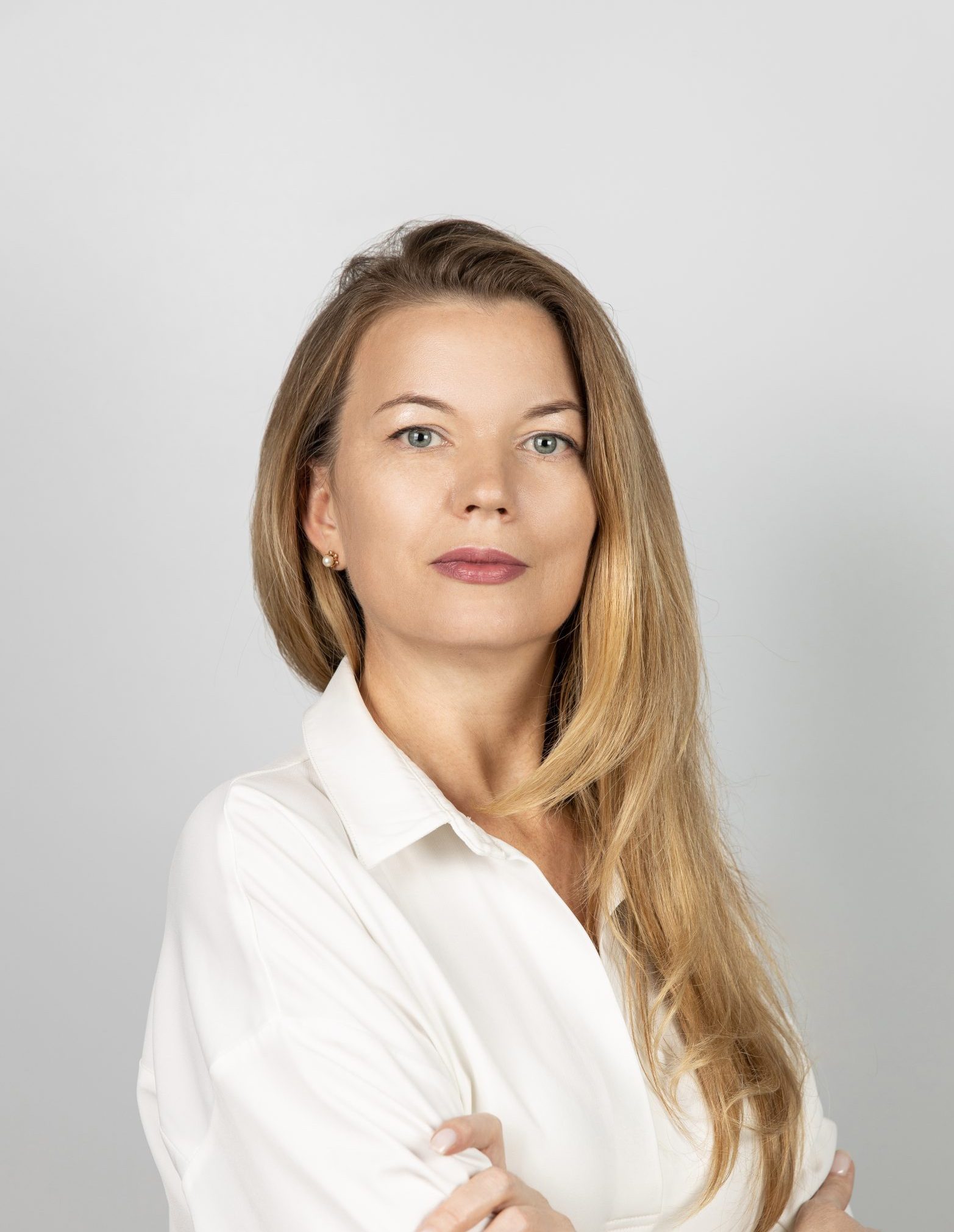
Yulia Ryazanova, clinical psychologist, cognitive behavioral psychologist at Verba Mayr Health Center
The forebrain, located in the cerebral cortex, is responsible for the emotional and rational systems of a person. The emotional part is the “operational” part and the rational part is the “strategist”.
– “Operative” Works immediately automatically on irritants. The speed of decision making is lightning fast at the level of developed or embedded reflexes, without the effort and energy consumption of the brain. It is the “operator” who is responsible for survival and gives the “hit-run-freeze” response to a stressful, dangerous situation.
– “Strategist” very slow. It uses attention, time, concentration and, as a result, huge brain resources to solve the set tasks (complex calculations, analysis, long-term forecasting, etc.).
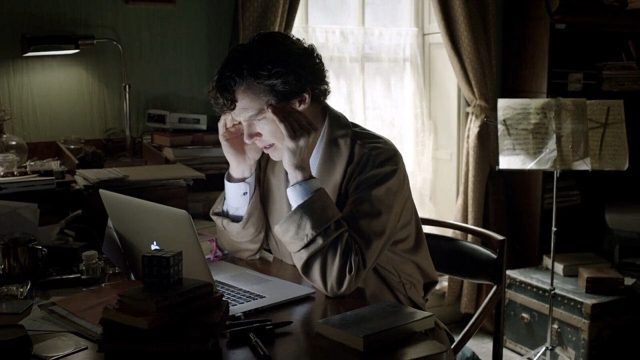
The person thinks of himself as a “strategist”, a reasonable “me” with beliefs. He is sure that every second he makes one or another choice and makes decisions. But the average person is hostage to the “operational” 80% of his waking, “conscious” life, his entire being subject to emotions and instincts. It is important to understand that the “strategist” and the “operator” within us are in constant interaction, but we often indulge in the “operational” because it does not require mental stress and energy costs from us.
How can a person be manipulated by his emotions?
A person can only be controlled and manipulated by his consciousness through the emotional system.

Neuropsychologist Nikolai Voronin of the European Medical Center
“Marketers are driven by the emotional system to persuade the buyer to make a purchase that is not always the most necessary. After all, it is often this system that drives us to make impulsive decisions.”
To reduce influence, manipulation and control, Yulia Ryazanova recommends developing your “strategist”, pulling him out of the “closet of consciousness”, cleaning him from the “dust of oblivion” and putting him to work.
How can I learn to make decisions rationally and not emotionally?
Tatyana Chernigovskaya, a well-known scientist in the field of neuroscience, in one of her interviews suggests solving puzzles, mathematical or logical problems, and most importantly, reading Russian classics for the development and training of a “strategist”. Our experts completely agree with him: Classical literature has a very positive effect on raising awareness of our “self”.
Source: People Talk
I’m Roger Gritton, and I’ve been writing for the The Fashion Vibes for over 5 years now. My specialty is beauty news; I’m passionate about covering the latest trends, products, and innovations in the industry. In my time there, I’ve become known as an authority on all things beauty-related.
I love discovering new experts to interview, researching up-and-coming ingredients and techniques that are making their way onto our beauty shelves and highlighting people who are making a difference in the world of cosmetics. My work has appeared not only on The Fashion Vibes, but also several other publications including the New York Times Magazine, Allure Magazine and Refinery29.

